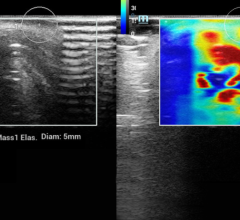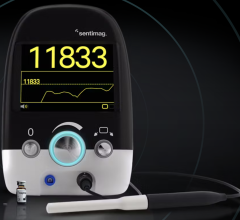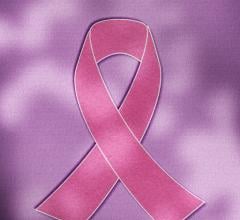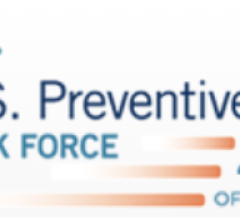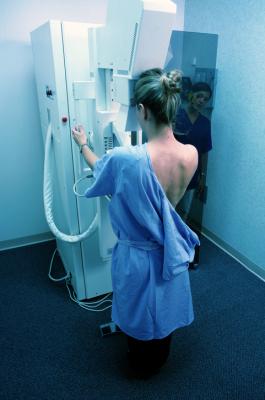
Getty Images
February 10, 2021 — A mammography screening strategy based on a baseline breast density measure at age 40 may be the most effective and cost effective way to reduce breast cancer mortality. Current breast cancer screening guidelines recommend that mammography begin at age 50 for women at average risk. Findings from a microsimulation modeling study are published in Annals of Internal Medicine.
High breast density not only has a masking effect on mammogram reading, it also increases the risk of breast cancer. The Breast Density Notification Act requires providers to inform women who have a mammogram whether they have dense breasts. However, most women do not know their breast density classification until after their first mammogram at age 50.
Researchers from the University of Texas MD Anderson Cancer Center and Fred Hutch Cancer Center used a microsimulation model to compare the health outcomes and cost-effectiveness of 7 breast cancer screening strategies: no screening, biennial screening between age 50-75, triennial screening between 50-75, and four density-stratified strategies (two with baseline mammogram at age 40, and the other two at age 50). All density-stratified strategies assigned annual screening to women with dense breasts, and biennial or triennial starting at age 50 for women without dense breasts.
The model suggests that the strategy with a baseline breast density assessment at age 40, followed by annual screening between age 40 and 75 for women with dense breasts and biennial screening between 50 and 75 for women without dense breasts had the greatest reduction in breast cancer mortality, but was also associated with a larger number of mammograms lifetime and higher rates of false positives and overdiagnosis. A cost-effectiveness analysis that considered the benefits and harms showed that when compared to non-density-stratified biennial screening age 50 - 75, the above density-stratified strategy yielded an incremental cost-effectiveness ratio of about $36,000 per quality-adjusted life year (QALY), which is considered cost-effective.
The authors of an accompany editorial from the University of California, San Francisco argue that breast density is an important risk factor to include in risk-based screening strategies because it is both a strong and prevalent risk factor accounting for a large proportion of breast cancers. However, it should be combined with age and other risk factors when developing risk-based screening strategies that optimize benefits and minimize harms. The editorialists believe that until a more robust risk-based strategy is identified, data supports screening biennially from ages 50 to 74 years.
For more information: www.acponline.org

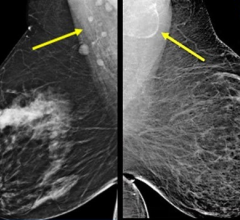
 May 10, 2024
May 10, 2024 



